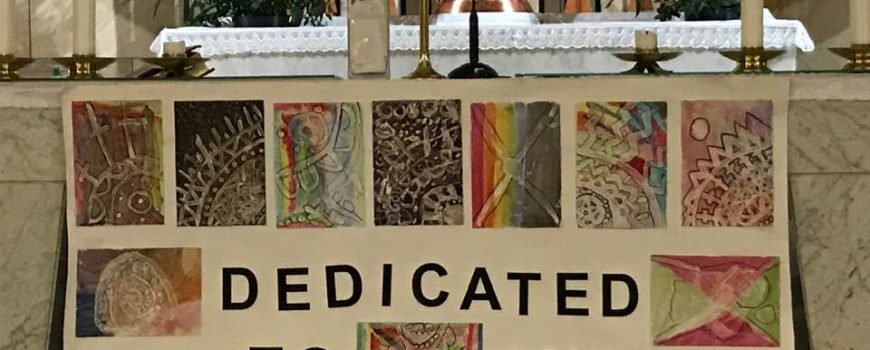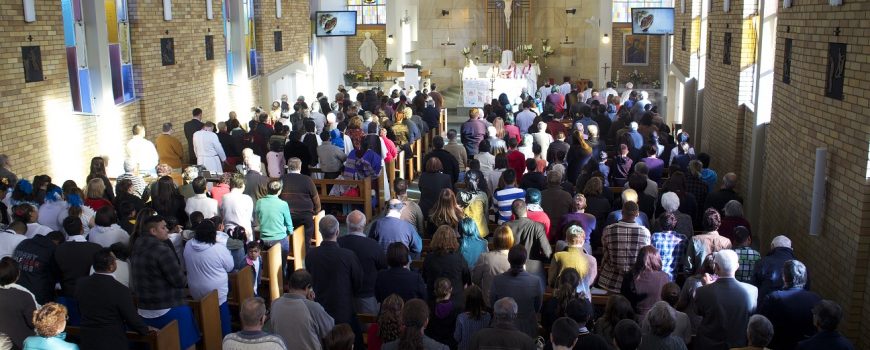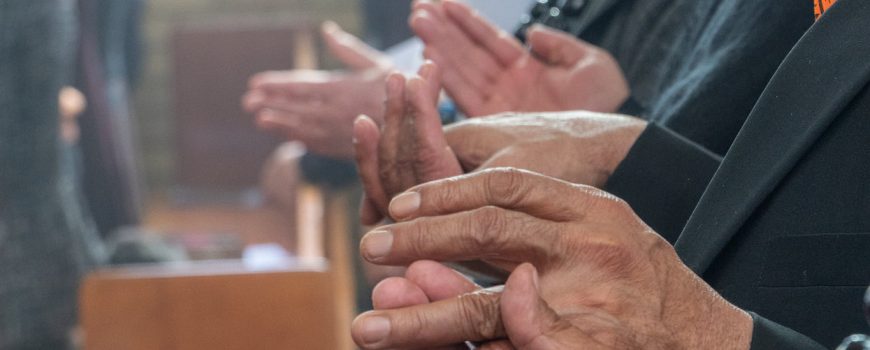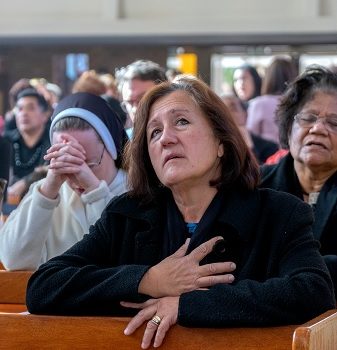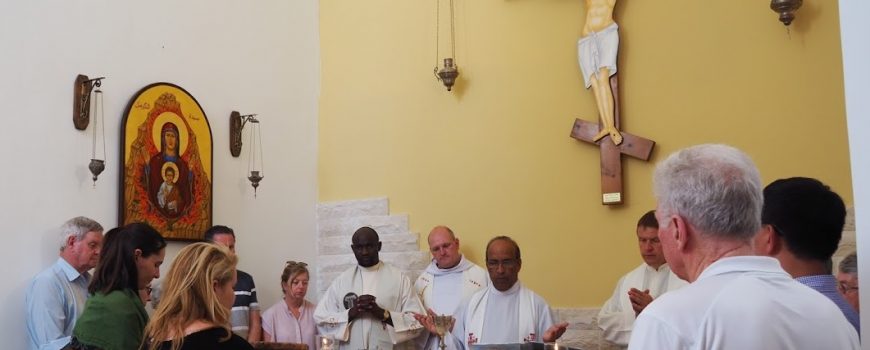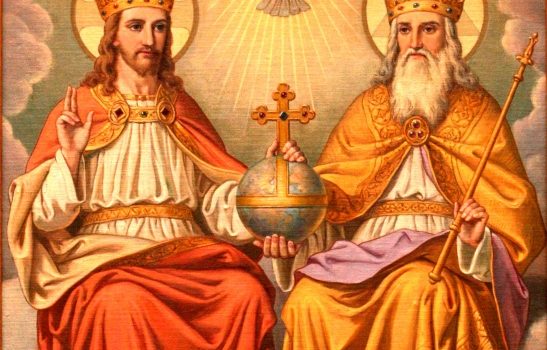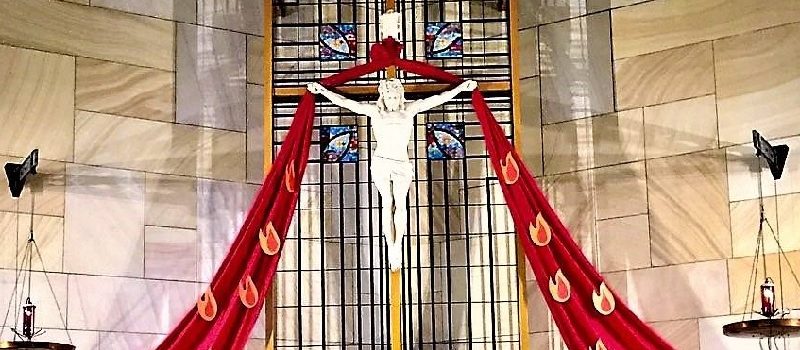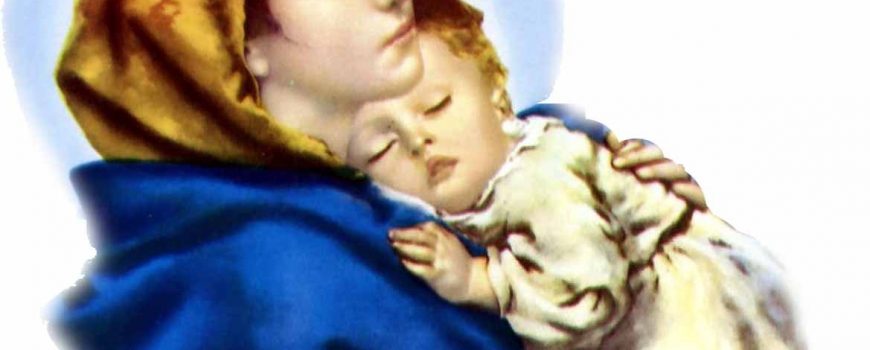Churches are closed. If there is any Mass at all, it is online only. Is it the best time to have ‘Jesus talk’? If so, what is the best way to do it? Mark (6:7-13) provides a strategy which was tried successfully by Jesus and (after his resurrection) by his disciples in their hostile circumstances of the 1st century. Jesus, an itinerant preacher, went around preaching the Kingdom of God
What can you expect from a building worker from a poor village? Nothing much I suppose. That is what Jesus was. We read in the Gospel that Jesus was understood by the people of Nazareth as the son of Joseph who followed the profession of his father, carpentry. The term carpenter in Jesus’ time meant someone who did any kind of building work. Nazareth was a poor village in Galilee, not known for anything spectacular. In fact, not just Nazareth, most of the Galileans of Jesus time were mostly poor. Though they did farming, their lands were owned by foreigners and locals were tenant farmers.
Corona is back in Sydney. This time it is a more dangerous variant. Once again, we are to observe the 4 square meter rule and mask up everywhere. The unexpected spread of the virus has made us delay our Confirmation program and cancel singing. Many of the holiday programs are in turmoil. I myself have been planning a trip to Perth this week, only to end up in disappointment. I have taken the first dose of vaccine. Until a cure is found for COVID, vaccines and hygiene are the best we can do to keep our life safe.
A mother of two was in tears. She believes her husband is a problem gambler who also sleeps around with other women. She is left alone to care for her chronically sick child. She is also afraid of being made redundant from her job. In spite of her faith practices, prayer and Church attendance, she was experiencing a sinking feeling. The world around her was so turbulent that she was in the same boat as the disciples in the Gospel (Mark 4:37-38), who cried out “Master, do you not care? We are going down”. This woman is wondering if Jesus her Saviour is sleeping without concern for her.
I am now meeting with First Communion families. I ask them what they think of the parish. A number of the families speak of the solace the Church is providing them as they come for personal prayers. Some of them said, “I often come for personal prayer in the church and I like the ambience. Life is so stressful. But when I come in and spend about half an hour or sometimes just a few minutes, the peace and consolation I feel after a visit is wonderful.” They even thank me for the things I do for the Church. I remind them that what I do is very minimal. I also tell them that their experience is God’s doing. Some of the parents spoke about how welcoming and friendly it felt coming to the parish masses. I in turn congratulate them for making the parish a very welcoming and friendly one. I have to admit that the joy and encouragement these comments bring surpasses other observations. Last month we had the Mass attendance count. The numbers were not very encouraging. Since the COVID-19 break, Mass attendance and contributions to the church have shrunk a lot. But the parable of the mustard seed (Mark 4:22-34) is very uplifting.
“We are what we eat” is a well-known expression. Obesity is attributed to unhealthy eating. Choosing to eat the right stuff can even cure many physical problems. Even some of mental conditions like depression are linked to eating habits. But the right manner of eating can create friends and happiness. Family ties are strengthened by family meals. Business lunches play a big role in the commercial world. Welcomes and rejections are determined by whether or not the guests accept invitations to meals. The meal we decide to eat is not only a nourishment for our bodies, but in many ways, also defines who we are.
Some years ago, in my homily to a group of high school students, I told the sad story of a lonely man found in an in inner city home. The body was not found until the stench of the decaying body disturbed the neighbourhood. For many weeks he was dead and no one missed him. Listening to this story I could see tears dropping from the eyes of the students. These students were well aware of the need to share life in its exuberance as well as in its barrenness. Without sharing, life is nothing. The more you are prepared to relate to others in love, the richer your life will be. The Bible reveals that our God by nature is total sharing.
The anguish of people in India, where corona virus is like a spree killer, is the headline in the media now. Many concerned people ask me about the well-being of my people back in the midst of this pandemic. By the grace of God most of my people are doing okay, though the spread of virus all around them is causing a lot of anxiety. It is very comforting for my people and me that so many are able to understand the anguish of them and relate to them. Understanding what others want to communicate and relating to them is the essence of language. When you understand the hopes and disappointments, joys and sorrows, of others, it is a great communication which can bring about a good experience which pride and arrogance cannot do.
Whenever the leader of a movement passes on, the question in the minds of all those concerned would be “what next?’. Ascension of the Lord is a feast that relates to a similar question: what next for the disciples of Jesus after he has gone from the face of earth. In answer, Jesus told them two things. First of all “Go out to the whole world; proclaim the Good News to all creation”. Then about those who believe in him as Christ he said this. “These are the signs that will be associated with believers: in my name they will cast out devils; they will have the gift of tongues; they will pick up snakes in their hands, and be unharmed should they drink deadly poison; they will lay their hands on the sick, who will recover”.
Mother is epitome the of love. It starts with a woman falling in love with a man. Giving birth to children and bringing them up in a family, a woman becomes a mother with irresistible love to her family. Fired with love, a mother delights in undertaking sacrifices for her family. When she was a baby or a child, everything was self-centred. Now as a mother, it is not selfish, self-centred, life that matters to her; she finds delight and meaning in self-sacrifice instead. Falling in love and then staying in that love is the foundation of human life that is lived to its fullness. The wonderful fruits of love experienced in a family can be expanded by falling in love with other brothers and sisters; fellow human beings. The wider your range of loving relationships with others, the greater the fullness of your life. Jesus, bringing the love of the Father, wanted all human beings to fall in love and stay in love.
